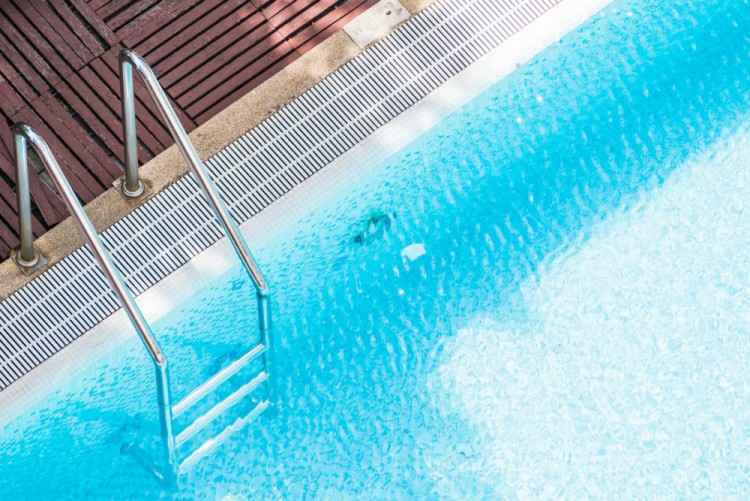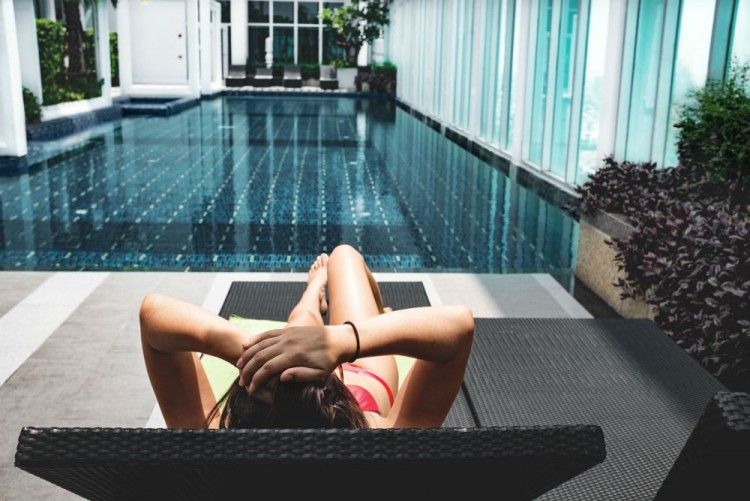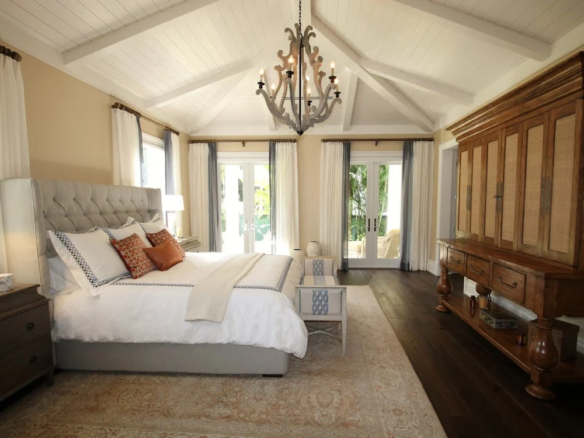
When most people think of home swimming pools, they tend to picture a big rectangle of water, packed with chemicals to keep it clean. Although having a private pool is seen to be a luxury, there were few appealing choices when it came to actually install one. Who wants to invest thousands of pounds, only to be rewarded with dry skin and itchy eyes?
The good news is that this is no longer the case. Contemporary pools are available in a number of sustainable options that don’t have the same harmful effects on your health, or have the negative eco-footprint of conventional, heavily chlorinated pools. These modern options open up the possibility of having a private pool even if you’re particularly health-conscious or concerned about the environment.
Why is chlorine such a problem?
Chlorine is an excellent disinfectant, working by oxidising the water to control bacterial growth, algae and other unsanitary elements.
Unfortunately, when chlorine combines with certain chemicals found in substances like sweat, urine, and sunscreen, it creates toxic gases, called chloramines. These are known to cause irritation in the lungs and can potentially lead to or exacerbate respiratory issues like asthma. The strong smell of chlorine that we tend to associate with indoor pools is usually an indication that chloramines are present in the air.
Chlorine also has a drying effect on the hair and skin. We’re all familiar with burning eyes and irritated skin after swimming in a public pool. Over time, prolonged exposure can even cause wrinkles.
What are the benefits of a sustainable pool?
Sustainable pools come with a whole host of benefits for the local eco-system, your family’s health and your wallet. These perks include:
· Lower maintenance – less need to test the water and keep adding chemicals
· No expensive filter, making them cheaper and more energy-efficient to maintain
· Better natural integration into outdoor surroundings
· No harsh chemicals affecting skin and eyes (or the nearby environment)
· Softer water, if you choose a saltwater pool
What types of sustainable pools are there?

If you’re planning to install a sustainable pool, you’ll find that you have two main choices; saltwater pools and natural pools. So, how exactly do these work?
Natural pools use plants, sand and stones in conjunction with a gentle current to purify the water. Emulating the natural filtration that occurs in a lake or riverbed, there are no chemicals required at all and the pool will blend seamlessly into natural surroundings. Even though a small pump will be required, these can easily be solar-powered to keep the design as environmentally-conscious as possible.
With a saltwater pool, the water still contains chlorine. The difference is that the chlorine is generated naturally, using titanium plates that react with the saltwater to create hypochlorite that will naturally break down and turns back into salt. This results in much lower levels of chlorine than a conventional pool, and the natural replenishment means there is no need to add any synthetic chemicals into the water.
What are the drawbacks of a sustainable pool?
Long-term, there are few disadvantages to choosing a sustainable swimming pool over a conventional one. However, there are a few factors – particularly with saltwater pools – that are worth considering before you begin the installation process.
Firstly, the process of installing a saltwater swimming pool is generally more expensive initially. Plus, even though there is much less salt in a saltwater pool than in the ocean, the salt is still corrosive. Special fixtures and fittings (such as lighting and steps) are recommended, and may need replacing more often.
If you choose a saltwater pool, it’s important to remember that even the low, natural levels of chlorine can have a detrimental effect on nearby soil and plants. Your design should take this into consideration so that your landscaping is not affected by backwash.
You will still need electronic power to keep natural pools and saltwater pools fresh. Both designs will also require expert installation to ensure that the water is properly filtrated for safe swimming and a neutral impact on the environment. Make sure you use a pool builder with experience in sustainable pools.
Overall, there may be a lot to consider when it comes to getting a sustainable pool for your home. However, if you’re already committed to the idea of having a private place for your family to swim and have been deterred by the harmful nature (or even the excessive upkeep) of a conventional pool, then a saltwater or natural pool is a perfect choice.



